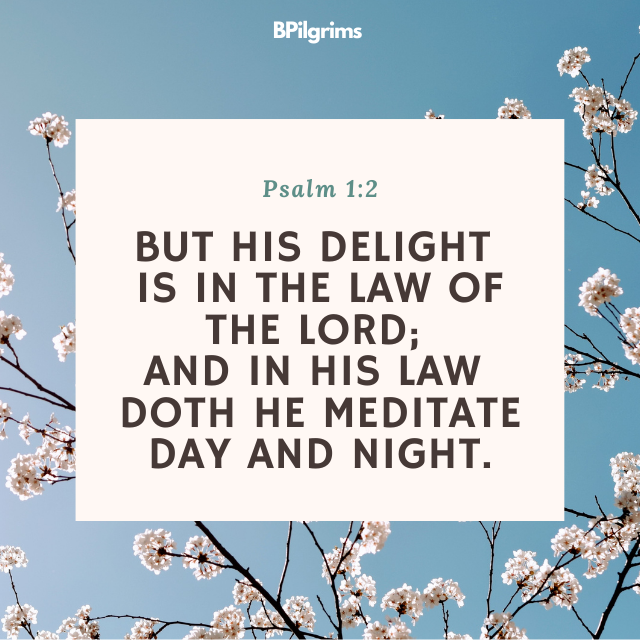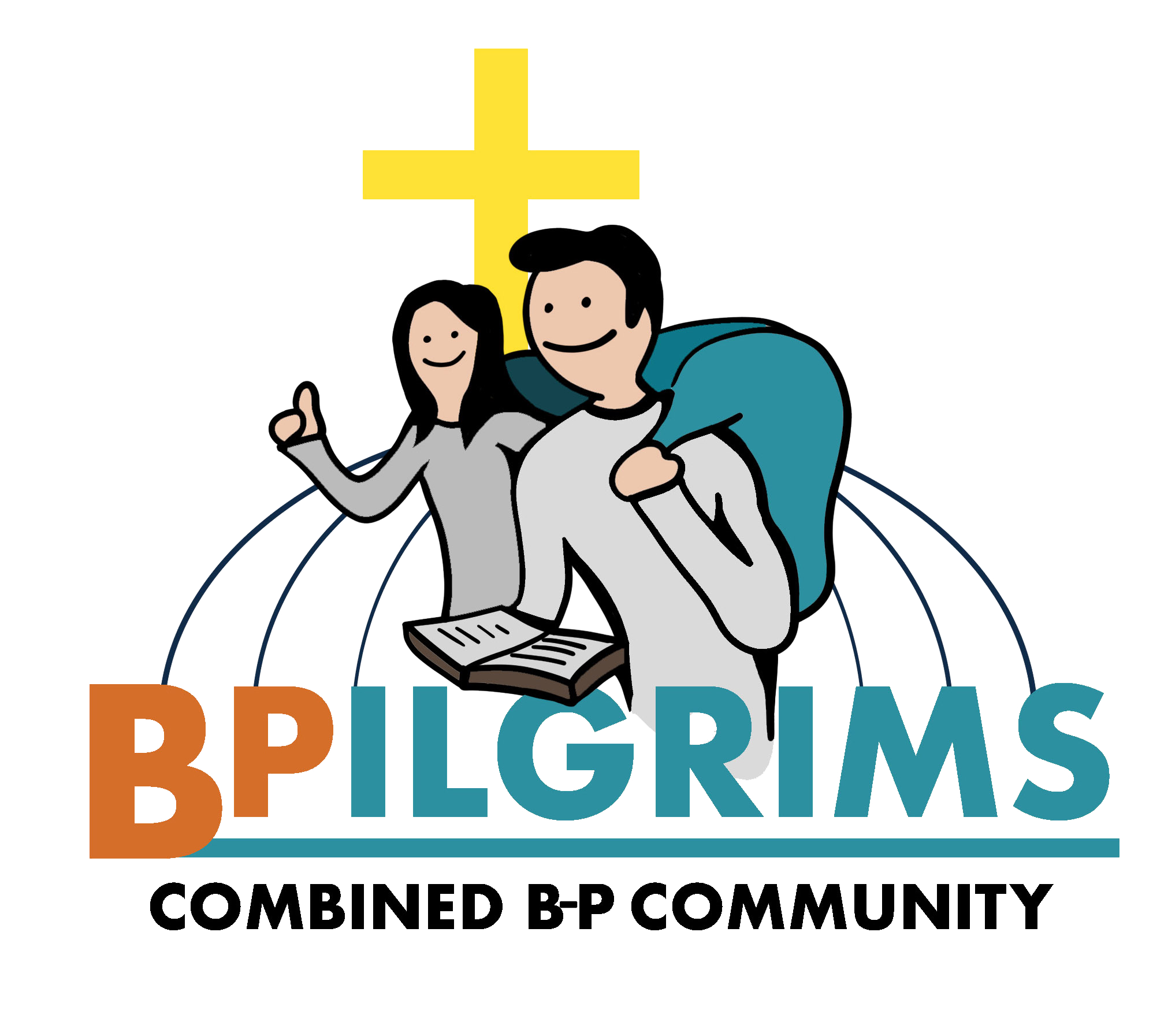
“But his delight is in the law of the Lord; and in his law doth he meditate day and night.”

Greetings, brethren! It is a privilege to have been tasked with writing for BPilgrims. Allow me to introduce myself. I’m Nicholas and I’m currently studying in Adelaide, a city in South Australia. I attend Life BPC and Hope BPC in Singapore and Adelaide, respectively. Under more regular circumstances, I would be back in the city-state over my summer break (late November to late Jan). Nevertheless, here we are. I hope this short article edifies and blesses you!
Almost a year ago, on the evening of 31 December 2019, I attended the Youth Fellowship (YF) and Young Adults Fellowship (YAF) anniversary event at the Beulah MPH of Life BPC. Along with the elements that one might expect from church anniversary events, the leaders from the two fellowship groups also began sharing their thoughts. I cannot remember many details of what had occurred that evening. However, I do recall a particular portion of what the then-leader of YAF had spoken that evening. The YAF had conducted a simple poll among its members and it was found that fewer than a third of its members had read the complete Bible at least once.
When I first heard that statistic, it was actually higher than I had expected. After all, completing a read-through of the entire Bible is a significant challenge that requires a lot of discipline. I began reflecting on my interactions with Scripture (which I had not done a complete read-through for). The reality was that the large bulk of my engagement with Scripture consisted of the following: 1) weekly sermons from Lord’s Day services; 2) external exposition on selected passages for fellowship group Bible studies, at church retreats, and at occasional events; 3) personal devotional material.
One issue with the abovementioned ways in which I have largely engaged with Scripture is that these engagements tend to focus on ‘key’ and ‘lesson-worthy’ passages within the Bible. Don’t get me wrong. I think it is wonderful that these passages are being covered, particularly in the context of limited time, which can limit the breadth and depth of the study of Scripture in any given setting. The didactic value of many well-known Bible passages (e.g. particularly those which mark key transition points and significant events in the Bible) cannot be emphasised sufficiently. In view of this, however, it is almost inevitable that some portions of Scripture (e.g. long lists of names, genealogies, laws, and records) will be encountered far less than others. As such, the entirety of our knowledge of Scripture may only be based on selected well-known fragments here and there (while practically never having the opportunity to chance upon many intermediary fragments that help constitute the coherent narrative).
Of course, one might argue that fellowship Bible studies often involve studying a Bible book systematically: chapter by chapter, verse by verse. In theory, if book studies could be done on all 66 books of the Bible, then yes, it would be possible for one to cover the entire Bible with enough time. However, we have to be honest with ourselves. That’s very unlikely to happen. Anecdotally, it can be observed that book studies from the New Testament are at least slightly more popular than the Old Testament. Even beyond such a classification, I think it’s unlikely that there were will be Bible studies on certain books of the Bible (you probably intuitively know which books I’m referring to). This is where I think a plan for reading the complete Bible can shine. As such, I had decided (on the evening of New Year’s Eve of 2019) that my New Year’s Resolution for 2020 would be that I would complete reading the entire Bible.
About a decade ago, I was given a hardcover chronological Bible which has a 366-day Bible reading plan as a gift. Unfortunately, I never read it. The book lay on my bookshelf untouched. However, with this newfound commitment to reading the complete Bible, I decided to give the book a shot. As of the time of writing, it is 7 December, and I have just completed today’s reading for Day 341. Only about 3.5 weeks to go!
While I did read some passages intently and with interest, I, unfortunately, skimmed through others (especially the portions with genealogies). Clearly, there is room for improvement (I will be doing this one-year reading plan again). However, I am glad about what I have done. Though far from perfect, I would say that it is better than not having started at all. At some points in my journey of reading, I chanced upon things I do not remember ever encountering previously! It has been quite enlightening.
One thing I would say that helped me along the way was having a daily recurring reminder within the Apple iOS ‘Reminders’ app to complete the required reading. It also helps to complete the required reading at a set time each day. For me, I prefer the morning as that is when I feel most rejuvenated.
So, have you read the complete Bible at least once? If you have not, it is my sincere prayer that my experience will encourage you to!
